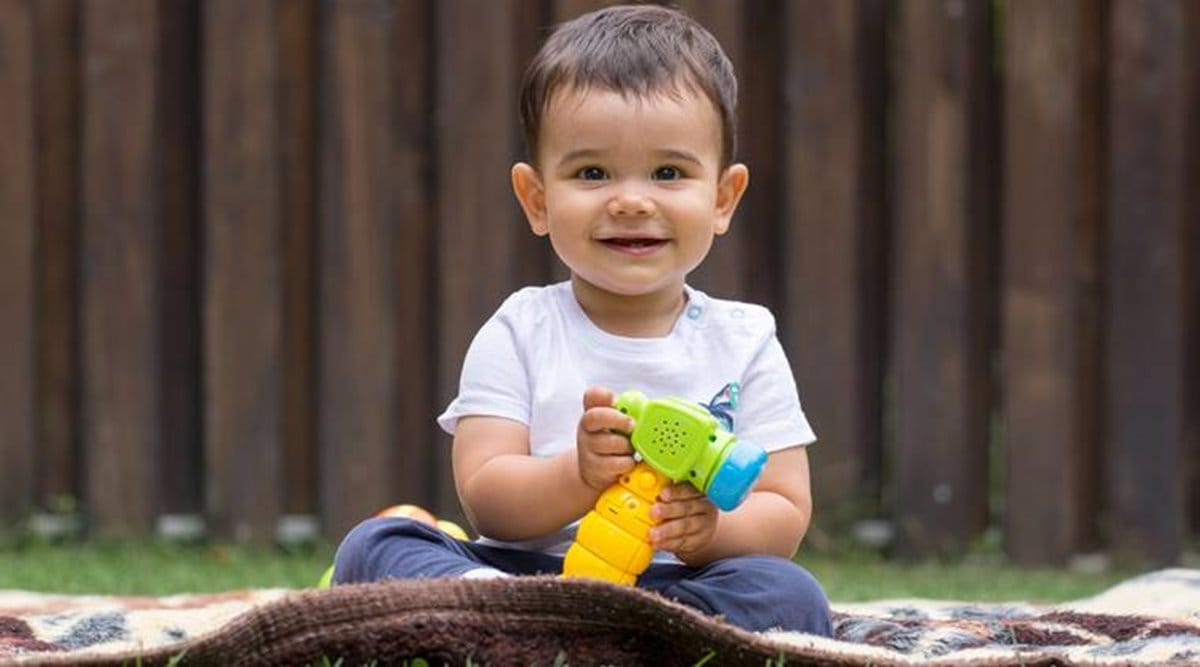Why play is an integral part of a child’s early years
Play-based learning stimulates brain development through various hands-on activities, which render freedom to a child to imagine, explore, experience, create and most importantly make errors.

By Arshleen Kalra
The world we reside in today contains Volatility, Uncertainty, Complexity and Ambiguity (VICA). The pandemic has forced us to think about the preparedness of our children against an uncertain world. The life skills needed to address this are beyond the 3 Rs of learning (Reading, Writing & Arithmetic). Children now need to develop skills that will enable them to thrive while also contributing to their lifelong learning process. The P21 Early Learning Framework’ (ELF) advocates that we need to prepare our children as early as 18 months of age and facilitate the development of the 4 Cs –Critical thinking, Collaboration, Communication, and Creativity.
Nearly 90 per cent of the brain development happens during the first 2000 days of a child’s life. While the child’s brain is building connections with the world, the integration of the 4Cs (Critical thinking, Collaboration, Communication, and Creativity) and other development skills lay the groundwork in helping the child become a confident adult. The key is to provide an interconnected learning environment at school, home, and with the community at large.
With school closures resulting from the pandemic, it is said that approximately 165 million children between the age group of 0-5 years have lost out on early childhood care and education. Experts believe this could have a lasting impact on children’s development. With schools being shut for over a year and children being confined to homes, many parents have enrolled their young children in some form of online learning but how do we provide them with a holistic learning environment that aids all-round development?
Also Read |Play-based learning for toddlers: Let kids explore the ‘why’ and ‘how’ of things
Play Way, My Way
Learning through play comes naturally to children. The National Education Policy 2020 recognises the relevance of play in early years education in the development of core foundational and life skills. Play-based learning stimulates brain development through various hands-on activities (digital/non-digital), which render freedom to a child to imagine, explore, experience, create and most importantly make errors. Play-based learning can be achieved through guided; semi-guided, blended activities or free play at home under the supervision of primary caregivers.
No play is frivolous!
Evidence suggests that play-based learning not only helps preschoolers attain pre-language, pre-math, and cognitive skills but also helps develop fine motor, gross motor, social and emotional skills. For example, a child may be able to write all the letters, however, may not be able to connect with the phonological sounds. Play-based learning can be implemented here. What if we simply ask a child to pick apples from a basket and put one after another to build the concept of counting or ask the child to pick up the ‘sound’ of a letter while we read them their favourite story. Children seize all the opportunities to learn if presented to them engagingly and playfully. All we need is to start trusting the process!
Choosing activities is ‘No child’s play’
With play-based learning, caregivers and educators need to consider the overall learning objective. Are we helping a child in internalising the skills or is it to give a complete preschool experience at home? While the objective could be one or both; there are few things we should keep in mind before choosing any learning activity:
Play equals happiness: When an activity contains elements of fun, it releases ‘Happy Hormones’ or ‘Dopamine’ which is associated with learning, memory, and motor system.
Sensorial and hands-on: Children learn through their senses. Engaging their senses through activities encourages discovery, exploration, and development of fine and gross motor skills. It helps build linguistic, cognitive, social and emotional skills.
Age appropriate: Development milestones differ for children of different ages. While a child may be able to count between 1 to 10, if shown 5 apples, may not be able to contextualize number 5. Hence it is important to introduce the child to age-appropriate activities.
I am in-charge: An activity must immerse a child in play while giving him/her the control. This helps generate curiosity. The role of a parent, educator, or caregiver should be merely to point towards the right direction (if needed) and be around from a health and safety perspective.
Relevant and progressive: An activity should help a child to contextualise their experiences with the real world and help form connections between existing concepts and expand on their existing knowledge. For e.g, a chef’s pretend play can support pre-math skills by making them count eggs, measure water, or conceptualise heavy and light with different sizes of utensils. The same activity can support conversational skills and general awareness by encouraging a child to identify healthy meal options. One single activity helps in understanding multiple concepts. However, new concepts should be introduced in a paced manner.
Connections: An activity should give an opportunity to either connect with self (in the case of self-directed learning activities or solitary play) or connect with others. Both of these help foster self-awareness, emotional and social bonds with others while maintaining a healthy relationship with self.
Repetitive: Repetition reinforces concepts and supports in acquiring new skills. The activity should be engaging such that each repetition allows freedom to experiment, explore, create and test.
In the current context, with many preschoolers yet to be enrolled in any learning intervention, caregivers need to understand the importance of early education. While there are multiple learning options to choose from, parents will benefit from choosing an option that best suits the child. Play must remain an integral part of a child’s early years and caregivers must trust the process of learning through play.
(The writer is the curriculum head at KLAY Preschools and Daycare.)
For all the latest Parenting News, download Indian Express App.
Source: Read Full Article
